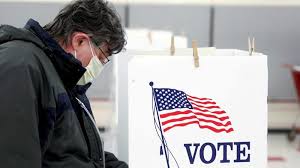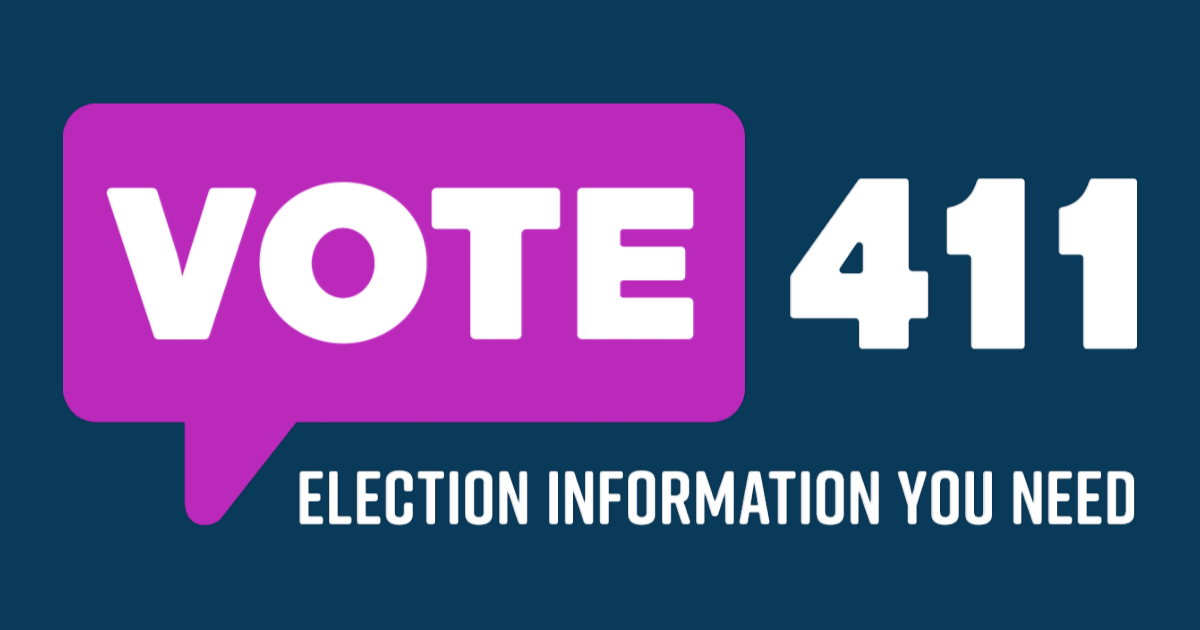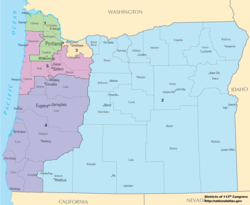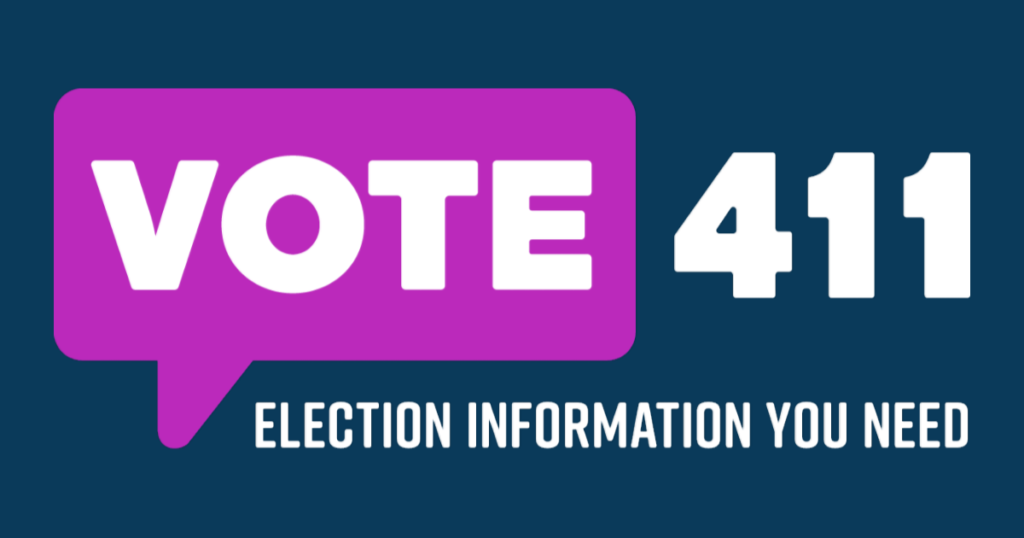Democracy as an ideal and process has always been at the heart of the mission of the LWV. From its incepetion as a way to gain women’s suffrage, the organization has focused on voting rights, and by extension, elections, and thus the whole basis of representative democracy.
In the Spring of 2020, the avenues of democracy have been severely challenged by a global pandemic which has restricted the movement of millions of people. The restrictions have affected every part of the process, from voting and elections, to the US census, on which future representation is counted for Congress. In preparation for a national election in the US and other countries, including South Korea, Israel, and the UK, government leaders have been forced to consider how to invite participation during a near-total social shut-down.
Here are some thoughtful articles on some of these issues in the U.S. The LWV is closely monitoring how the US will promote the workings of our democratic institutions.
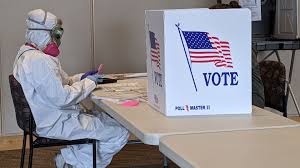
From Freedom House: Democracy during a Pandemic
From The Atlantic Magazine
Other articles of interest:
from the University of Nevada
from the Carnegie Endowment
from the Bush Presidential Center
COVID-19 and the Census: from the LWV-US
While Census forms continue to be collected and counted, the Bureau has postponed or suspended operations around in-person survey collection in hard-to-count communities. Depending on guidance from the CDC, they may also delay the deployment of enumerators hired to go door-to-door and collect outstanding survey data from houses that have not completed the survey online, via phone, or by mail. There are still ways for these communities to participate in the census—online, by mail, or by phone—and the League continues to monitor how the census plans to ensure hard to count communities still get included.
The Census Bureau is being incredibly transparent about the decisions they are making around their operational plan. They continue to hold stakeholder calls, brief officials, and issue guidance to partner organizations who are helping to get out the count! The census timeline is mandated by federal law and the U.S. Constitution. The Census Bureau is doing everything in their power to help those living in the United States, fill out their questionnaires in the appropriate time frame.
Completing the census is about collecting the necessary information to determine funding for our community needs. Census data is used to distribute billions of dollars in funding that goes to ensure that public safety, health facilities, businesses, and communities have the resources they need to take care of their communities. The League is a partner of the Census Counts Campaign which has issued digital guidance on how to turn in-person events into digital ones for those participating in Get Out the Count activities! We have also built out a robust census action kit for individuals and Leagues to use when helping get out the count.
The most important thing we can do right now is to submit the questionnaire via one of the three ways we’ve already discussed. The second most important thing we can do is to ask our friends, families, and yell across the street to our neighbors—“Have you taken the Census, yet?”
Let’s stand together, stay at home, and complete the 2020 Census.
Read an article in Vogue Magazine on this topic.
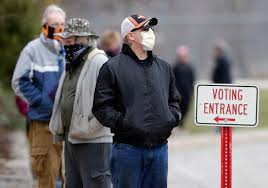
Voting in a Time of Coronavirus: from the LWV-US
The CDC recommendation for social distancing to contain the coronavirus comes at a time when many Americans are preparing to cast their ballots in upcoming primary elections. While voters’ health and that of their communities is paramount, the League of Women Voters still encourages voters to exercise their right to vote! There are many ways for voters to participate in elections while mitigating their risk of exposure.
Early and Absentee Voting
Some version of early voting and absentee voting, or vote-by-mail, is available in every state. For people in high-risk categories of the virus, the League of Women Voters encourages these voters to limit their exposure to crowds on Election Day. Even voters who are not high risk and want to do their part to curb the virus should consider these options. The more voters who cast their ballots early, the fewer long lines and crowds we will see on Election Day.
Local Board of Elections
If voters have missed their absentee ballot deadlines, they still may be able to vote without going to a busy polling place. Many local boards of election offices can support voters in casting a ballot in person and avoid busy polling places. Voters can find their local board of elections information on the League’s election website VOTE411.org and reach out to learn if this is an option where they live.
Non-Peak Hours
We are all familiar with crowds and long lines on Election Day, especially first thing in the morning, over lunch hours, and after work. Voters can limit their interaction with the public by planning to vote during non-peak hours, like the middle of the morning and afternoon.
VOTE411.org
The League’s nonpartisan election website VOTE411.org has everything voters need to find out their options for participating in early and absentee voting. VOTE411 will also have special alerts on primary election days highlighting any changes to normal voting procedures, including any last-minute changes to polling locations. The site is a personalized voting information hub where voters can check their registration, find their polling place, see what will be on your ballot, and more.
Elections and Debates, Coronavirus and Civil Rights: from the LWV-OR
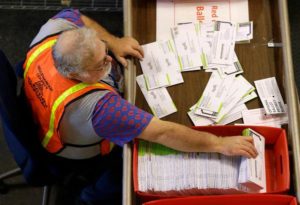
Public health declarations are already affecting our elections. Vote by mail will become more important and our public candidate events are already being revised or cancelled. We are looking at the challenge of collecting initiative signatures.
Vote by Mail Senator Wyden is proposing to mandate national emergency vote-by-mail. The need for it is clear as two states, Louisiana and now Georgia, have delayed their presidential primaries. Oregon has vote-by-mail, with ballot return envelope postage now pre-paid. The League still strongly recommends using the ballot dropboxes instead, as many already do, to keep costs down.
Debates and Events LWVOR Voter Service is adapting by trying to change to virtual debates with distance audiences, looking for ways to give audiences the opportunity to ask questions and listen to candidates remotely. This is challenging as public meeting size limits are getting smaller. The studios we are working with are concerned about how they will sanitize their equipment and some candidates are already cancelling for these much smaller events.
